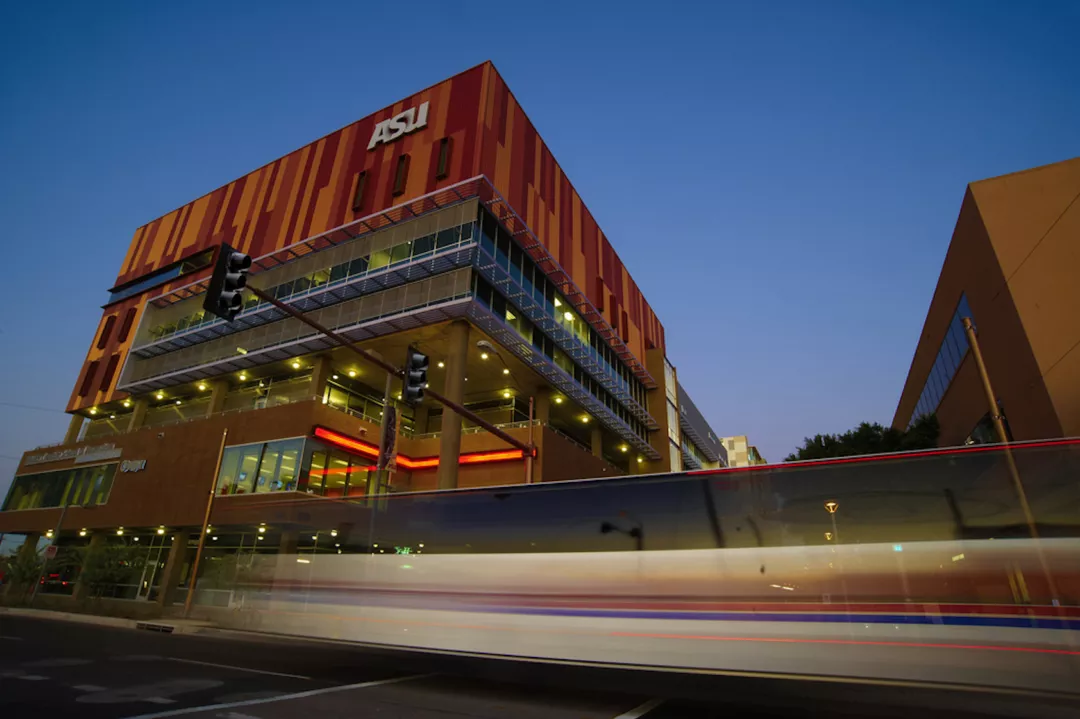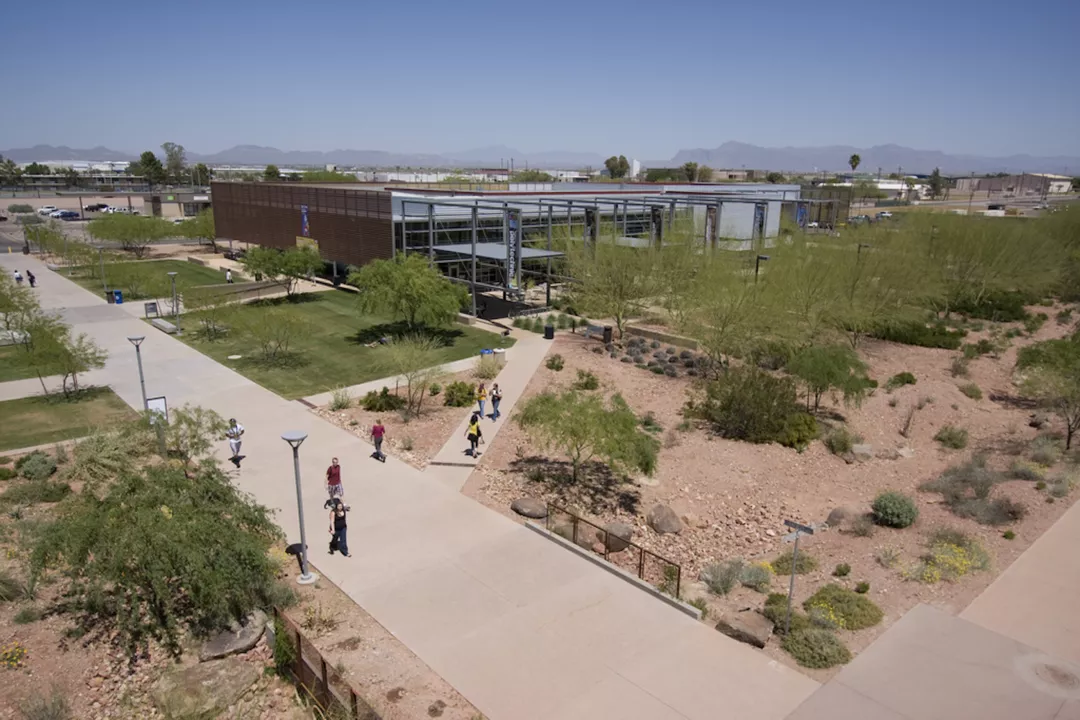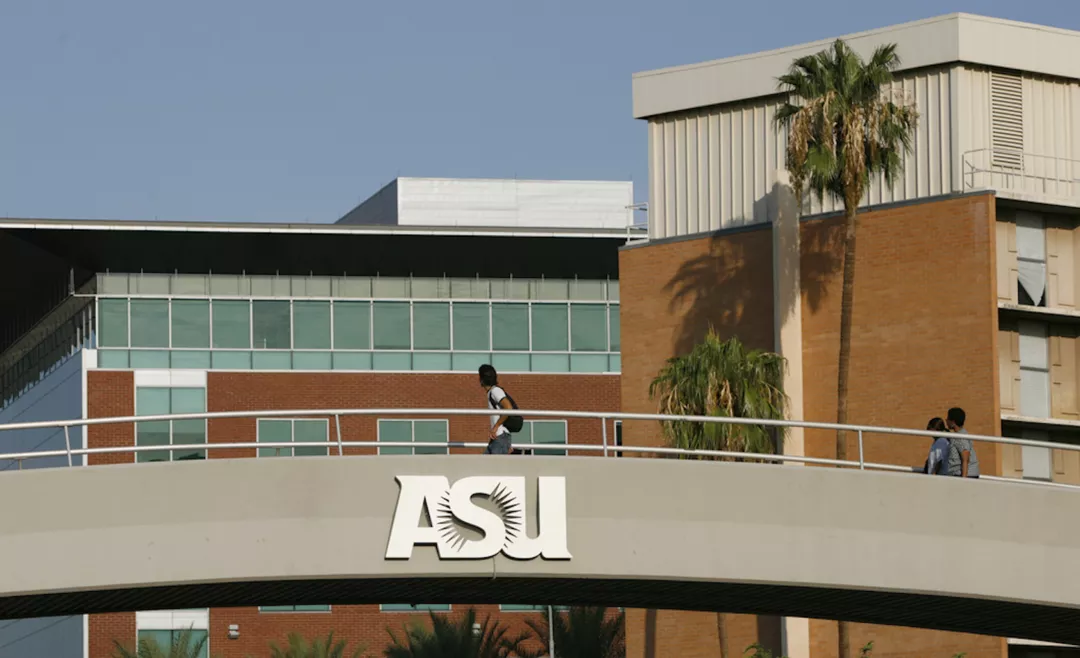-
hello@abroadcube.com
Mail us
-
Call For Help:
98779 83783
-
Whatsapp Us
70090 34921
Manufacturing engineering draws upon two distinct bodies of knowledge: manufacturing processes (i.e., how materials are altered in either shape or properties) and the processes of manufacturing (i.e., manufacturing systems and management). This combination of topics is embedded in the Master of Science - Manufacturing Engineering program, and students can follow their interests by developing deeper expertise in either manufacturing processes or the processes of manufacturing.
The program provides advanced technical content to help students prepare for career transitions and improve company competitiveness. It consists of a core set of courses designed to provide all students with advanced knowledge of manufacturing fundamentals and an introduction to systems engineering. The expertise developed in the core curriculum supports student focus areas building on existing unit faculty strengths, including automation, additive and subtractive manufacturing processes including computer numerical control machining, modeling and simulation, electronics manufacturing and manufacturing management.
Thesis, applied project and portfolio options are offered for the culminating experience.
Career Opportunities
Graduates of the Master of Science program in manufacturing engineering find opportunities in both large and small corporations and government agencies as well as within startup enterprises where they play a critical role.
Typical job responsibilities include manufacturing process design, manufacturing process management and quality control and assurance, and graduates with advanced degrees have opportunities to participate in and lead research teams that are developing the next generation of advanced manufacturing technologies.
ASU manufacturing engineering graduates are well placed and command top salaries in their engineering careers, some of which include:
| Level | Masters |
| Discipline | Engineering |
| Duration | 24 months |
| Intakes | Jan, Sep |
| Application Fees | USD 0 |
| Tuition Fees | USD 35280 |
| Campus | Polytechnic |
| Language proficiency (minimum) | |
| IELTS | 6.5 |
|---|---|
| TOEFL | 80 |
| PTE | 60 |
| Duolingo | 105 |
| Exam proficiency (minimum) | |
| SAT | Not Required / Waiver |
|---|---|
| ACT | Not Required / Waiver |
| GRE | Not Required / Waiver |
| GMAT | Not Required / Waiver |
Minimum GPA - 77%
QS Quacquarelli Symonds is the world’s leading provider of services, analytics, and insight to the global higher education sector, whose mission is to enable motivated people anywhere in the world to fulfil their potential through educational achievement, international mobility, and career development.
THE (Times Higher Education) has been providing trusted performance data on universities for students and their families, academics, university leaders, governments and industry, since 2004. We create university rankings to assess university performance on the global stage and to provide a resource for readers to understand the different missions and successes of higher education institutions.
The Academic Ranking of World Universities (ARWU) was first published in June 2003 by the Center for World-Class Universities (CWCU), Graduate School of Education (formerly the Institute of Higher Education) of Shanghai Jiao Tong University, China, and updated on an annual basis
The "Webometrics Ranking of World Universities" is an initiative of the Cybermetrics Lab, a research group belonging to the Consejo Superior de Investigaciones Científicas (CSIC), the largest public research body in Spain. CSIC is among the first basic research organizations in Europe. The CSIC consisted in 2006 of 126 centers and institutes distributed throughout Spain.





